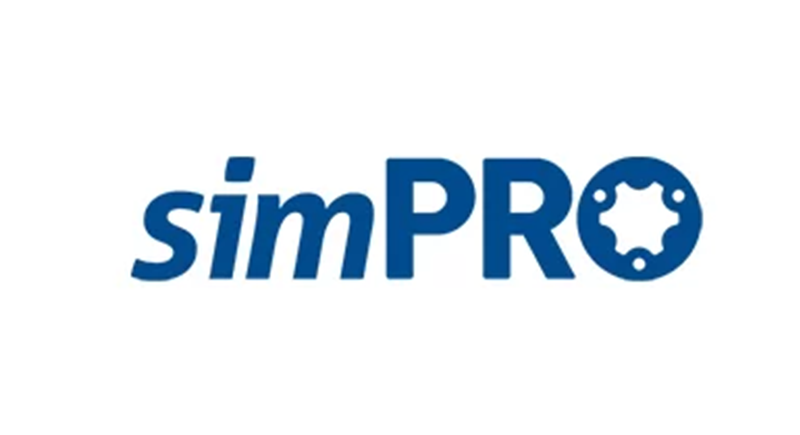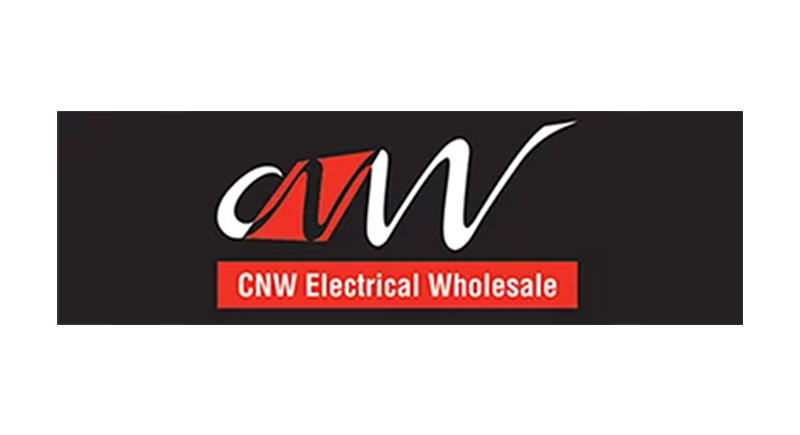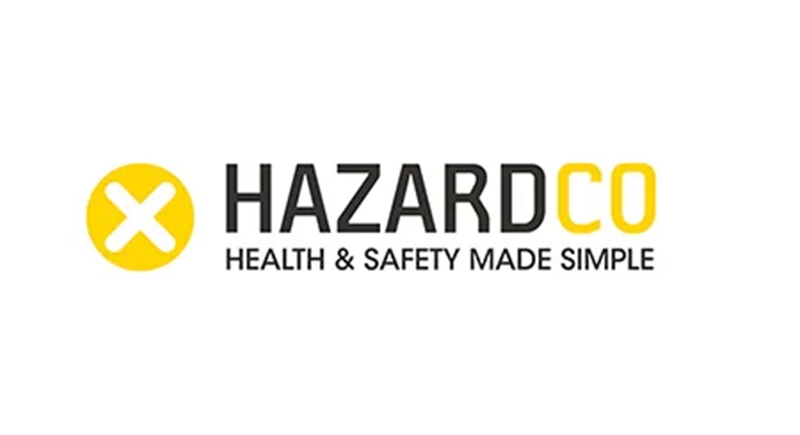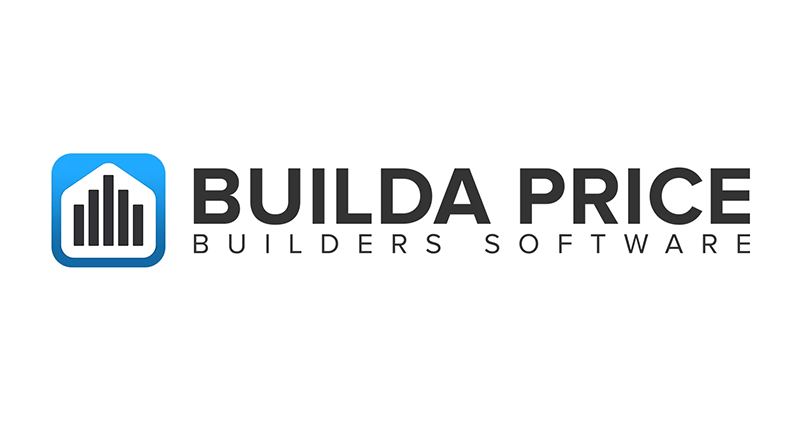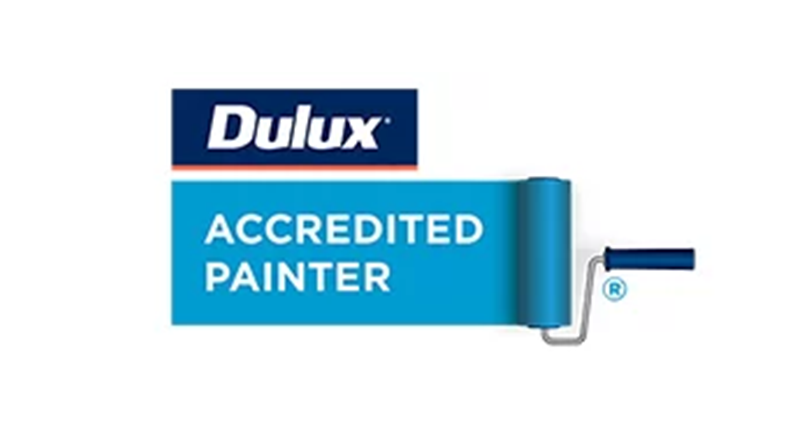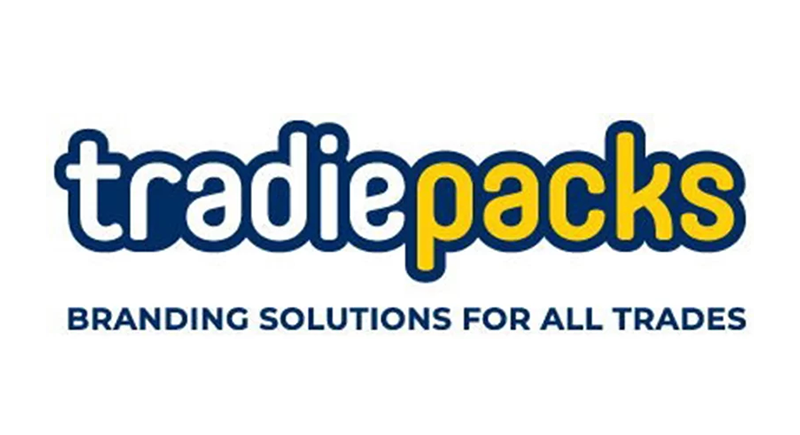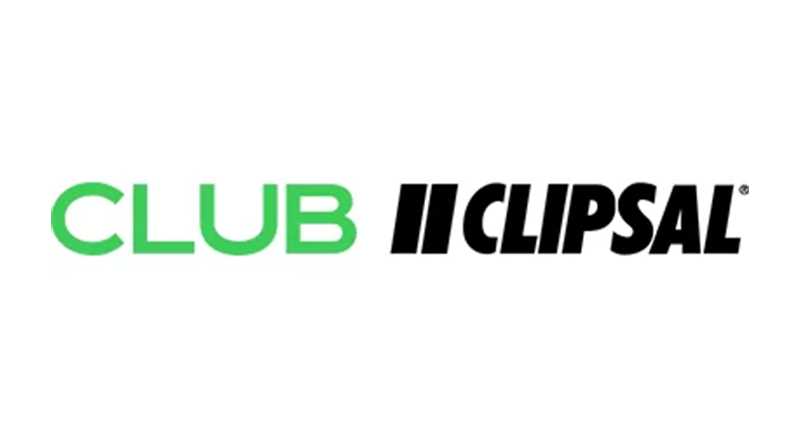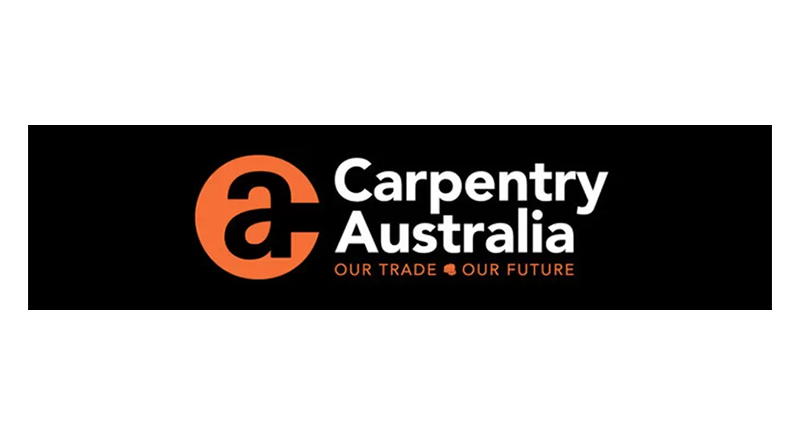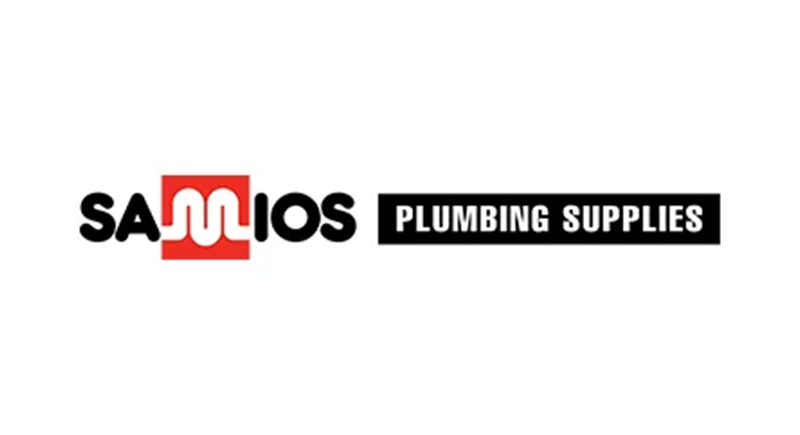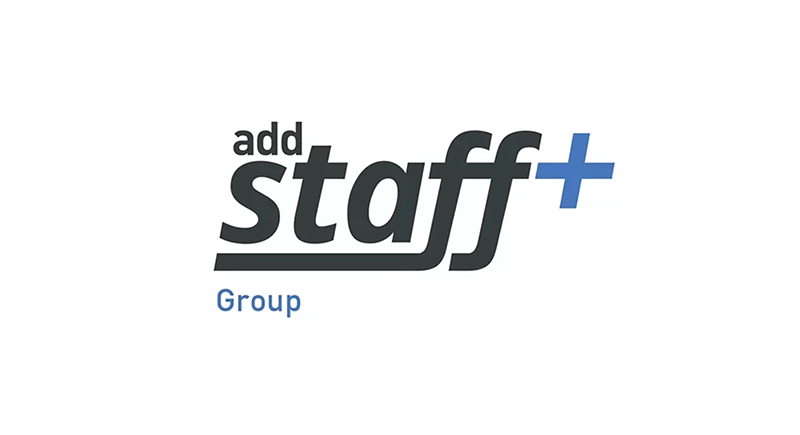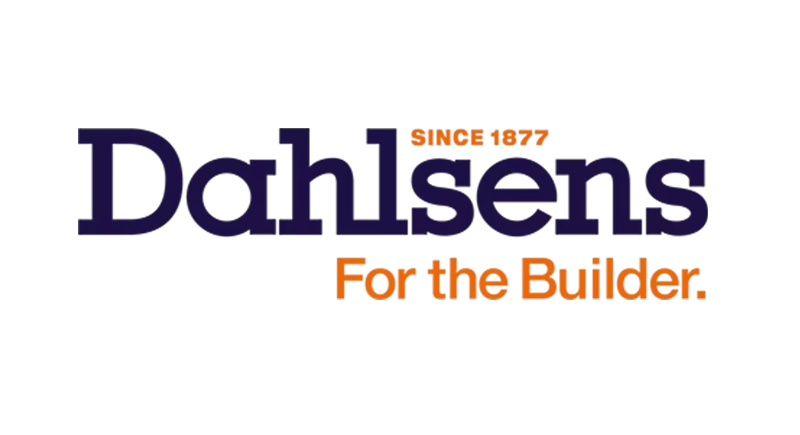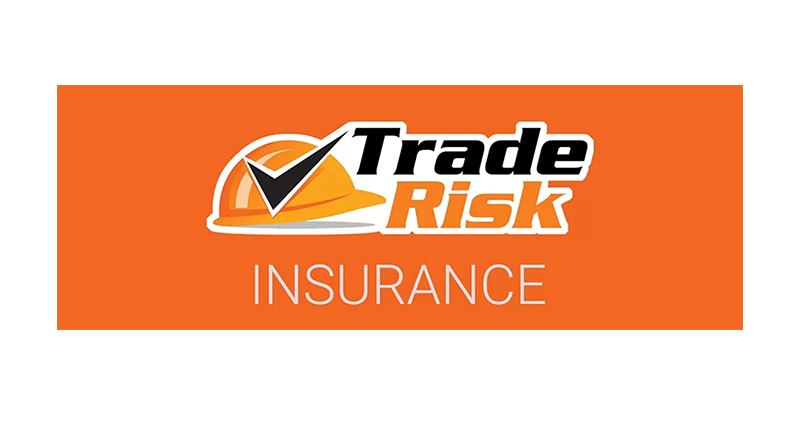As a specialist, you exude expertise, a rich history, and a deep understanding of your target audience’s specific challenges. Market yourself as a company that specializes in X, Y, Z. Inform them on the research, training, and development in the area that you have done. It is not bragging, but rather assuring clients that you are the professional of the field.
2. Under-Promising and Over-Delivering.
Be transparent about your capabilities and commitments from the start. Instead of making unrealistic promises to win a job, be candid about your schedule and capacity. Avoid promising certain schedule to meet their demand when it is not realistic. This strategy ensures that the quality of your work remains uncompromised and fosters authentic interactions with your clients. Show the clients that you are committed to their project with the focus on the quality of the work without being attached to the decision that the client will be making for your service. This is a much better way to start compared to renegotiation of the schedule afterward. So, under promise but over deliver.
3. Thoughtful Follow-Up.
Don’t underestimate the impact of genuine follow-up. After presenting a proposal or quote, reach out to your potential client to offer support or answer any questions they may have. It’s not about pushing for a decision, but about showing genuine care and providing assistance. After the project’s completion, don’t forget to check in and inquire about their experience. This follow up can also be delegated to your team member. Have a genuine conversation to learn how they are doing. It could be a week later or a month later. Building relationships goes a long way. Your relationship with the client is far more valuable than the value of the project or the job that you have completed.
4. Harnessing Digital Tools for Personalized Engagement.
Embrace the digital age by utilizing tools that enhance your customer interactions such as Zoom and Microsoft Teams. Employ digital platforms to streamline communication before, during, and after projects’ completion. This doesn’t mean sacrificing the human touch; instead, it enhances efficiency while ensuring a personalized experience. Innovating with digital tools also demonstrates your commitment to serving customers in the best possible way while also position your business as one that is innovating. It is a great way to continuously improve your service quality to the clients.
5. Curiosity Builds Trust.
Curiosity is a powerful tool for building trust and connection. Ask probing questions to truly understand your customers’ needs, challenges, and expectations. By gathering intelligence and diving deeper, you show genuine interest in their project and experience. Trust is built through understanding the customer and the project more than what other businesses don’t. It is akin to gathering intelligence. Learn about their level of experience, challenges, problems, and concern that they may have. What are their most glaring doubts and concerns. This strategy positions you as a partner who cares, fostering trust that goes beyond a mere business transaction.
Standing out doesn’t require monumental changes. It’s about the cumulative effect of these five strategies. Positioning yourself as a specialist, under-promising and over-delivering, thoughtful follow-ups, embracing digital tools, and being genuinely curious can transform your business’s identity. By implementing these strategies, you’ll not only stand out but also create lasting connections and relationships that set you apart from the crowd. If you’re looking for guidance in putting these strategies into action, please be in touch.

